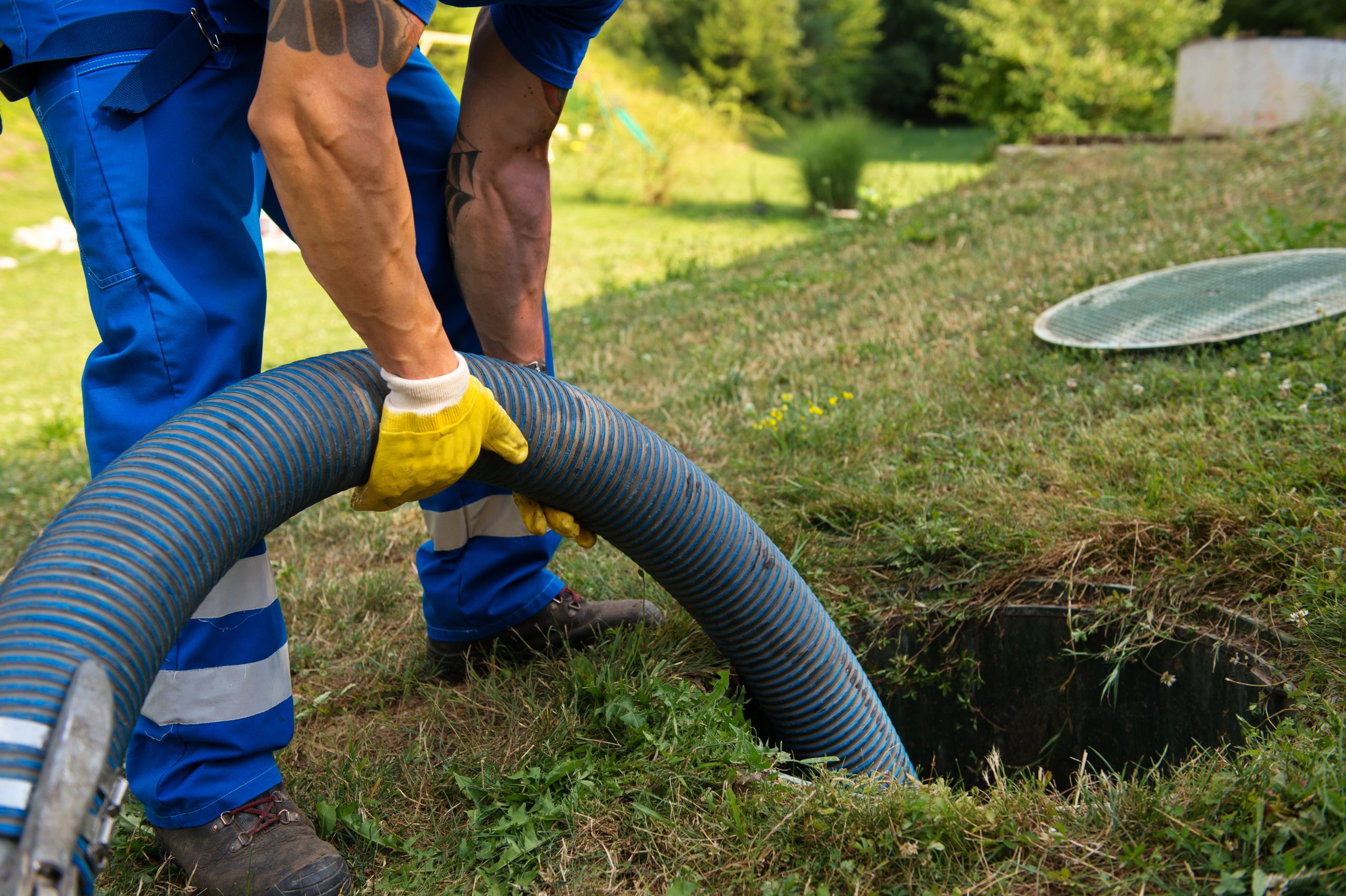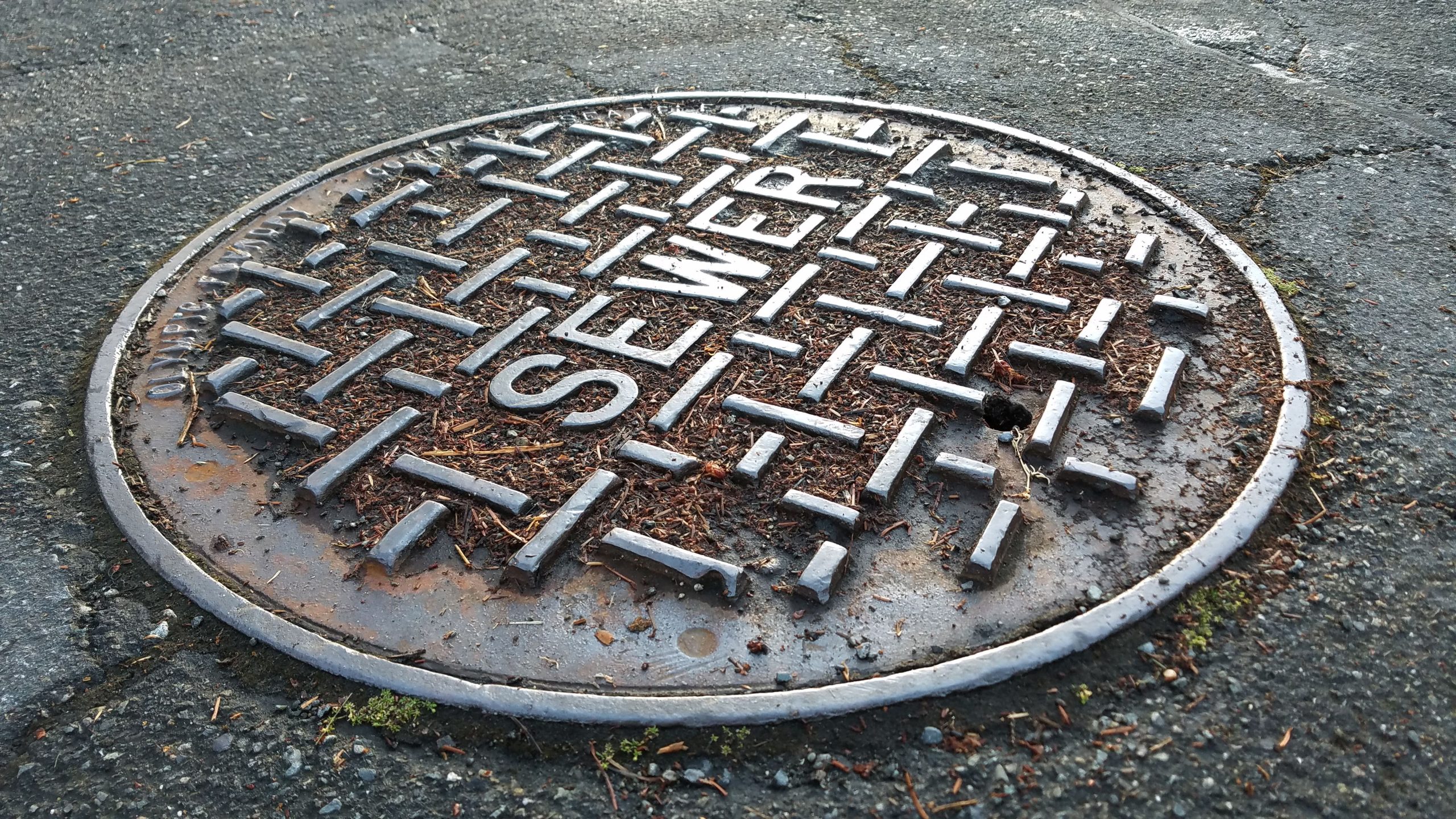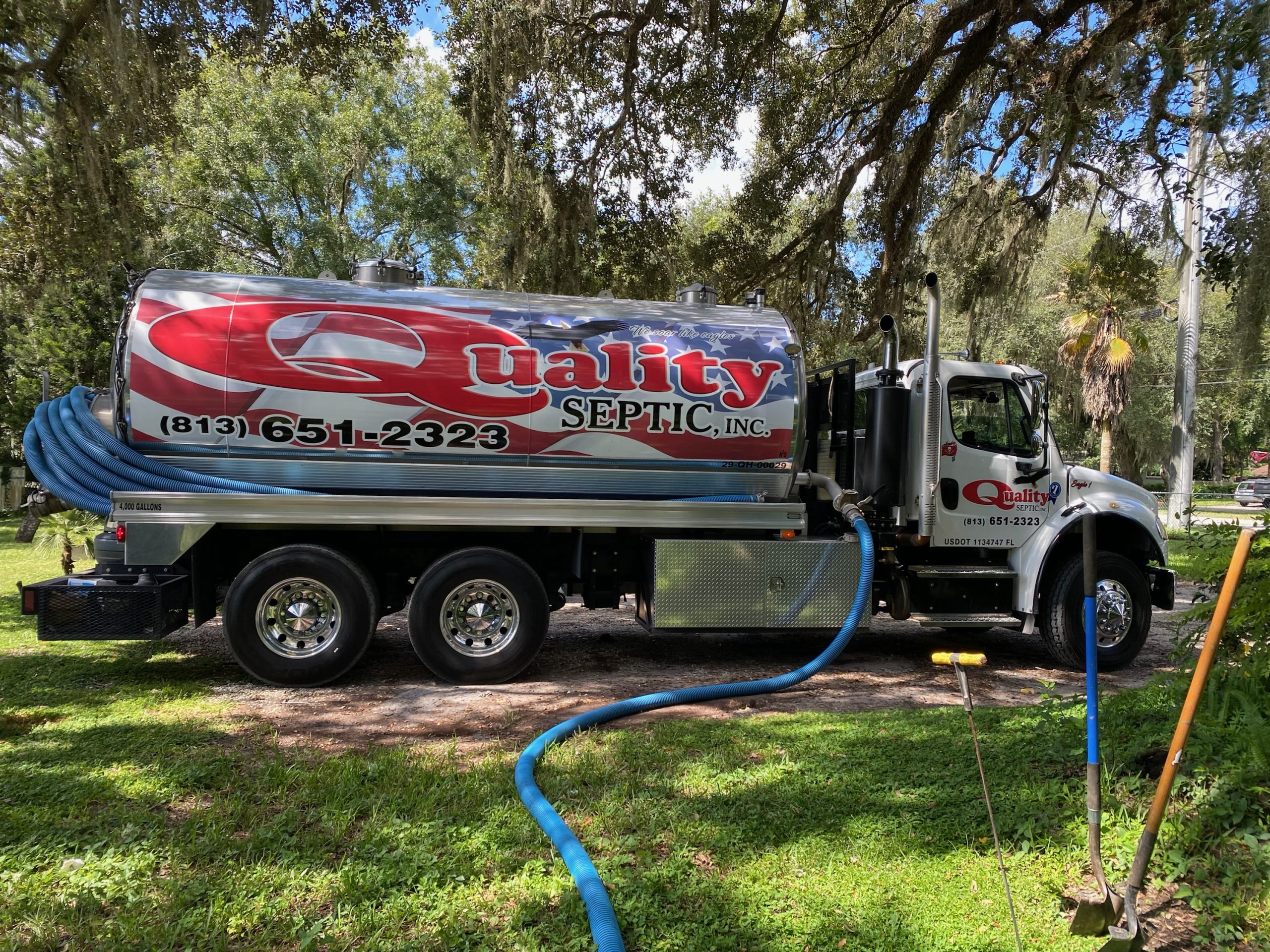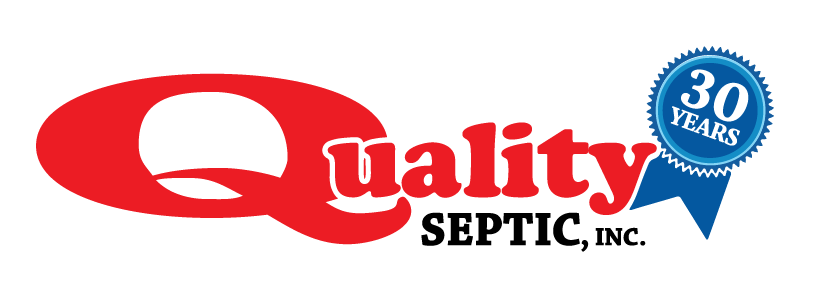Septic systems and sewer systems are two different structures for disposing of household waste and wastewater. While both are designed to keep our homes and communities clean and safe, there are important differences to consider when looking at each type of system, and how they operate.

What is a Septic System?
A septic system consists of a septic tank and a drain field (or soil absorption field). The septic tank is a large underground tank that holds the waste and wastewater from your home. The tank is designed to separate the solids from the liquids, and the liquid is then drained into the drain field, where it is filtered and treated naturally by the soil.
Septic systems are typically found in rural areas or other areas where the public sewer system is not available. They are a cost-effective solution for homeowners to dispose of their waste and wastewater in a safe and reliable manner. However, they require regular maintenance, including septic tank pumping, to ensure that they continue to work properly.

What is a Sewer System?
A sewer system is a network of pipes that collects and transports waste and wastewater from homes and businesses to a central treatment plant. The central treatment plant is responsible for treating the waste and wastewater and ensuring that it is safe for release into the environment.
Sewer systems are typically found in urban areas, and are owned and operated by local government agencies. They are connected to the homes and businesses in the community and offer a convenient way to dispose of waste and wastewater. However, they can be more expensive than septic systems, particularly when it comes to sewer cleaning and maintenance. This is a cost funded by tax dollars.
Difference Between Septic and Sewer Systems
Septic systems are designed to treat waste and wastewater on the property where it is generated, while sewer systems are designed to transport waste and wastewater to a central treatment plant for processing.
Another difference between septic systems and sewer systems is the cost. Septic systems can be less expensive than sewer systems, particularly when it comes to installation and the septic tank price. However, sewer systems are owned and operated by local government agencies.

Septic System Maintenance
Regardless of whether you have a septic system or a sewer system, regular maintenance is important to ensure that your unit continues to work properly. Regular septic tank pumping and cleaning can help to prevent problems, and can help to extend the life of your system.
In addition to regular maintenance, it’s also important to be mindful of what you put down your drains and toilets. Certain items, like grease, oil, and non-biodegradable products, can harm your septic or sewer system, causing backups and malfunctions.
Septic systems and sewer systems are both designed to keep our homes and communities clean and safe. If your home is connected to a sewer system, you won’t need to worry about much maintenance. If you have your own septic system, regular maintenance is very important to make sure your system keeps working smoothly.
Call Your Florida Septic Experts Today!
Since 1994, Quality Septic has provided fast, friendly, reliable, and affordable septic system inspections, repairs, and maintenance in Hillsborough County. Arrange an appointment or get your questions answered by calling us at (813) 576-2546. Get in touch with us through our online contact form.
